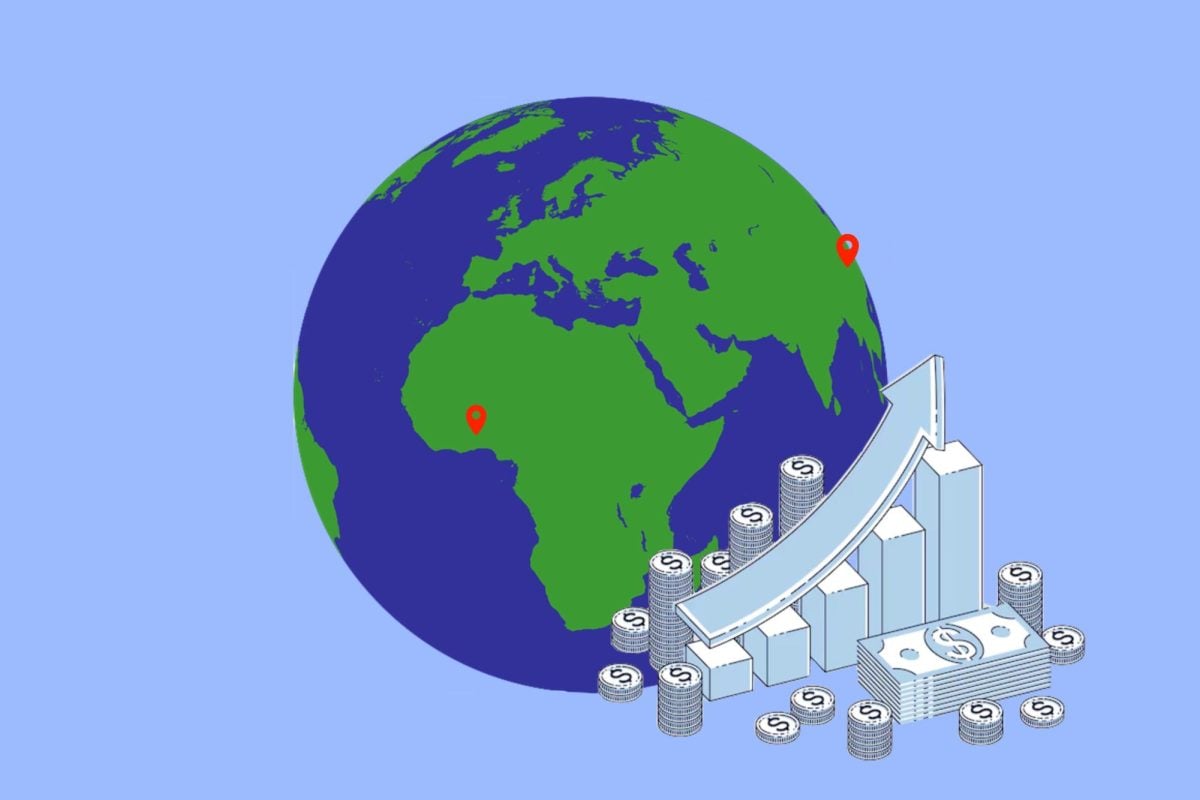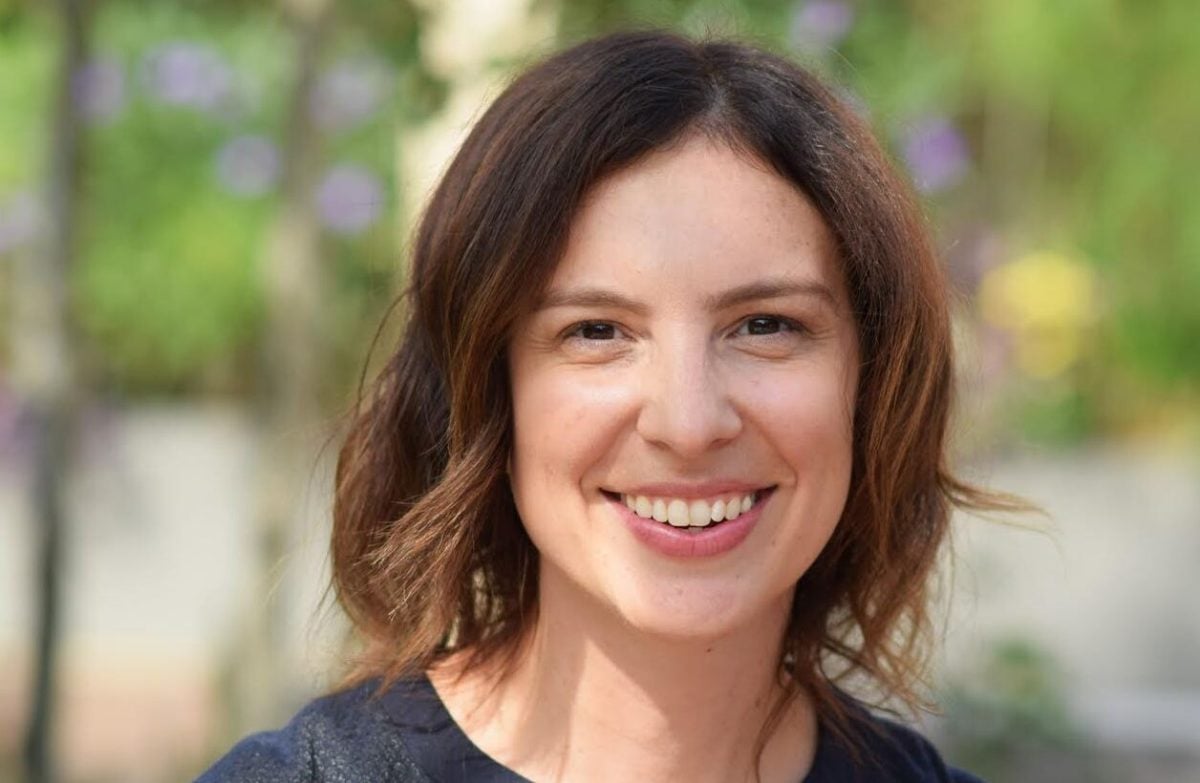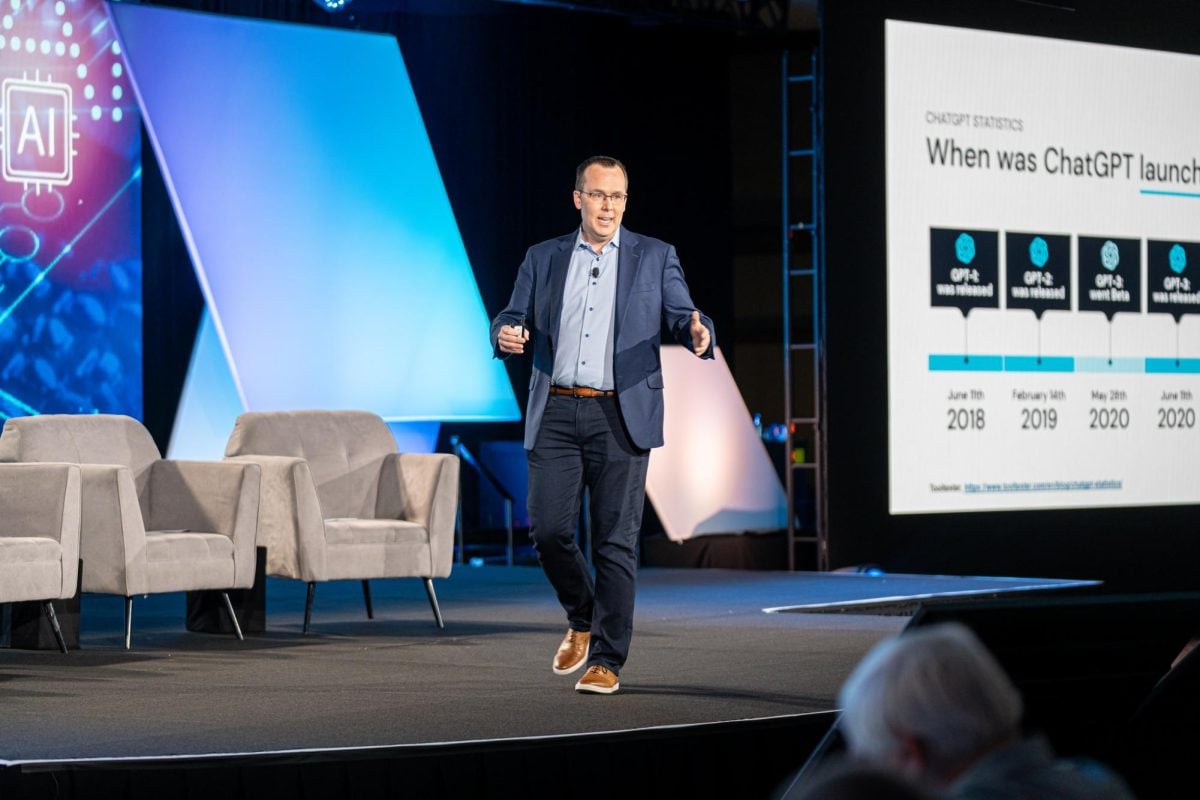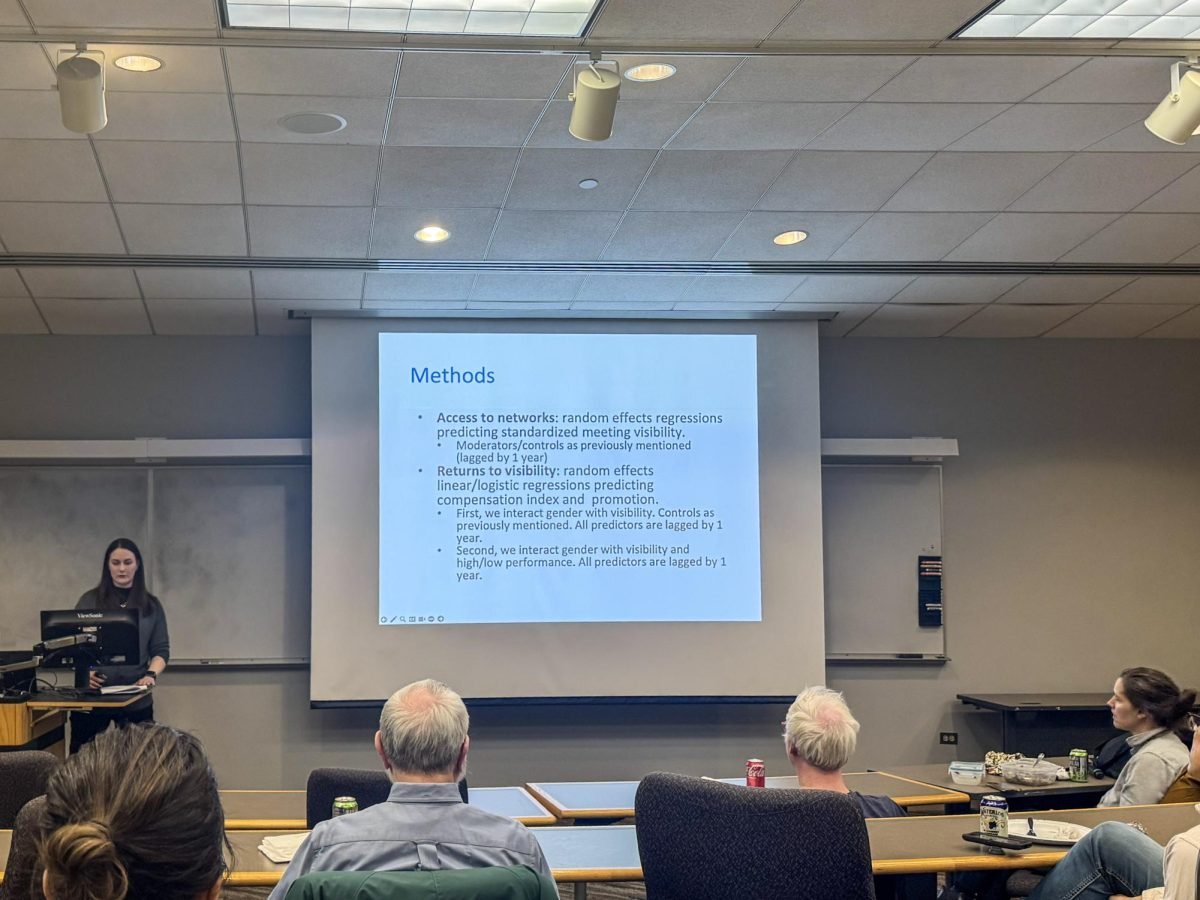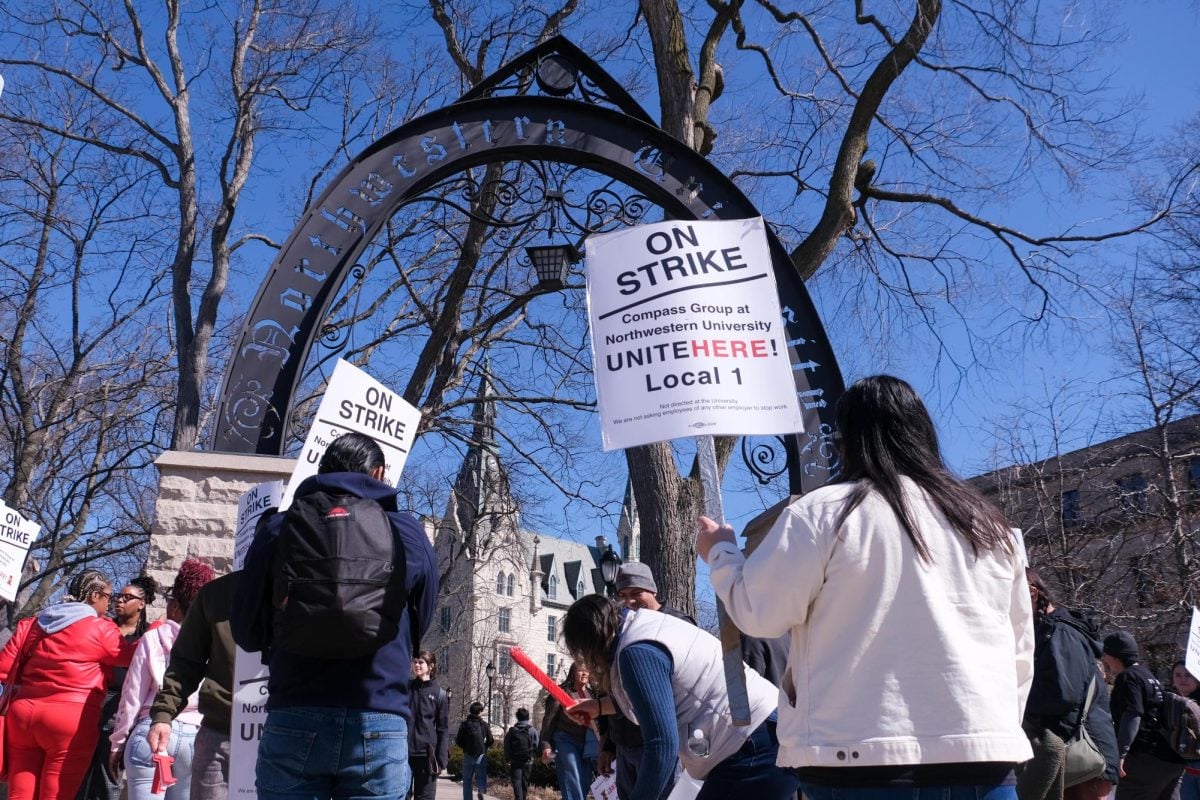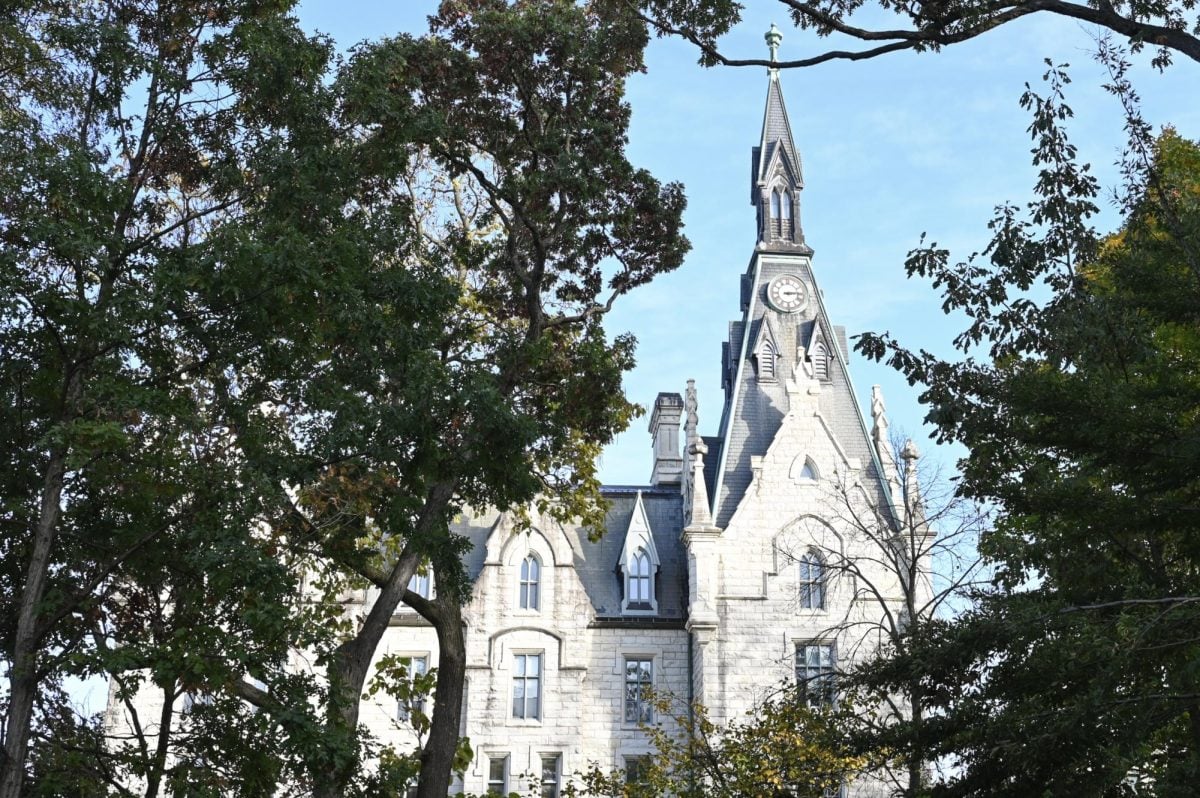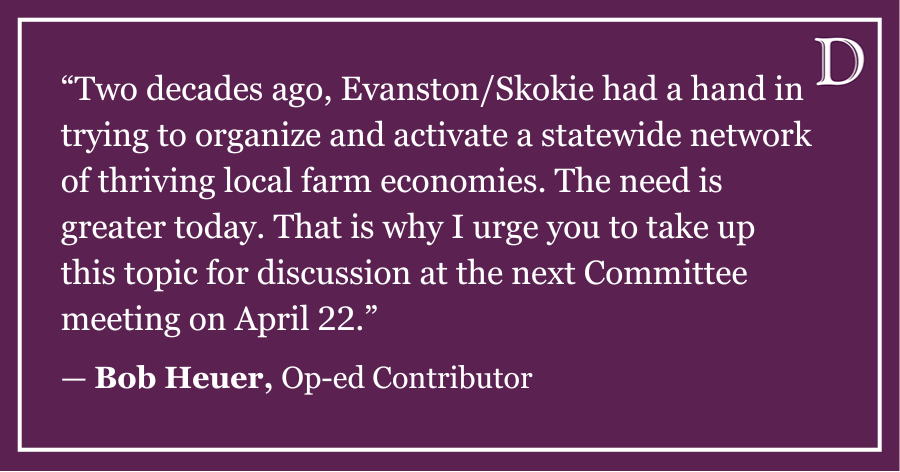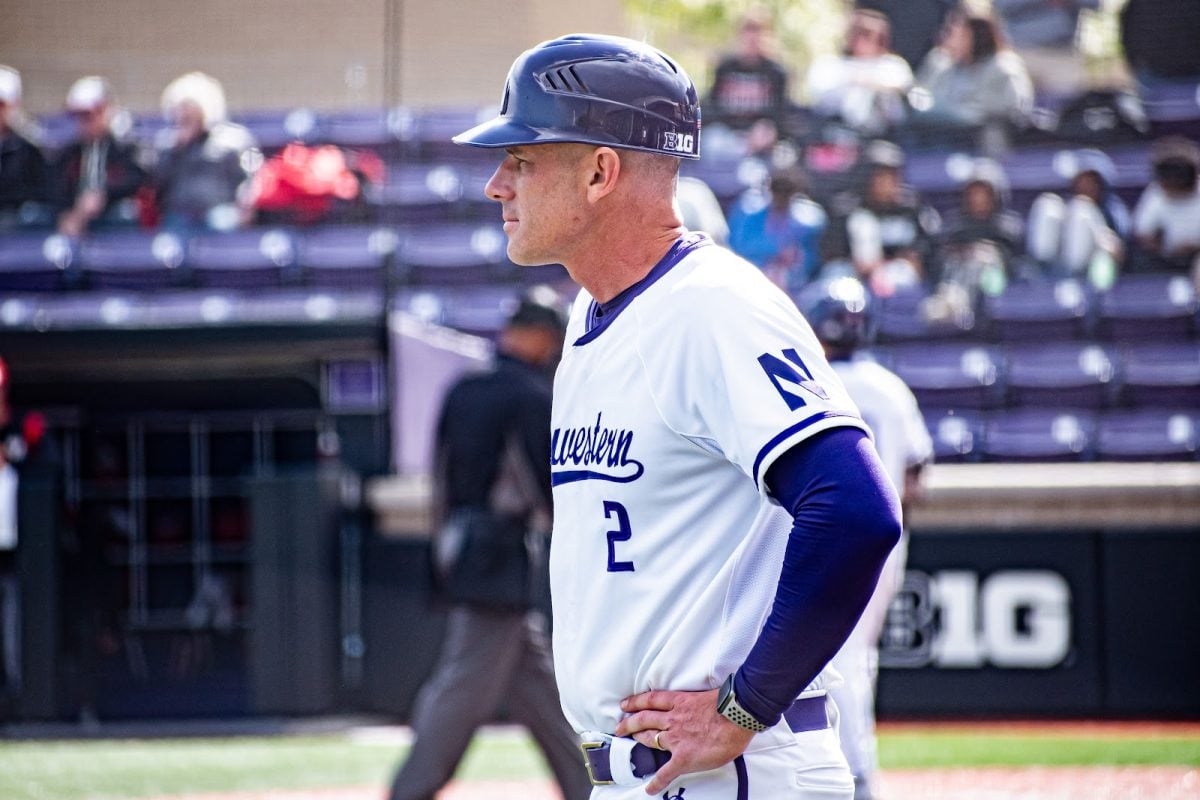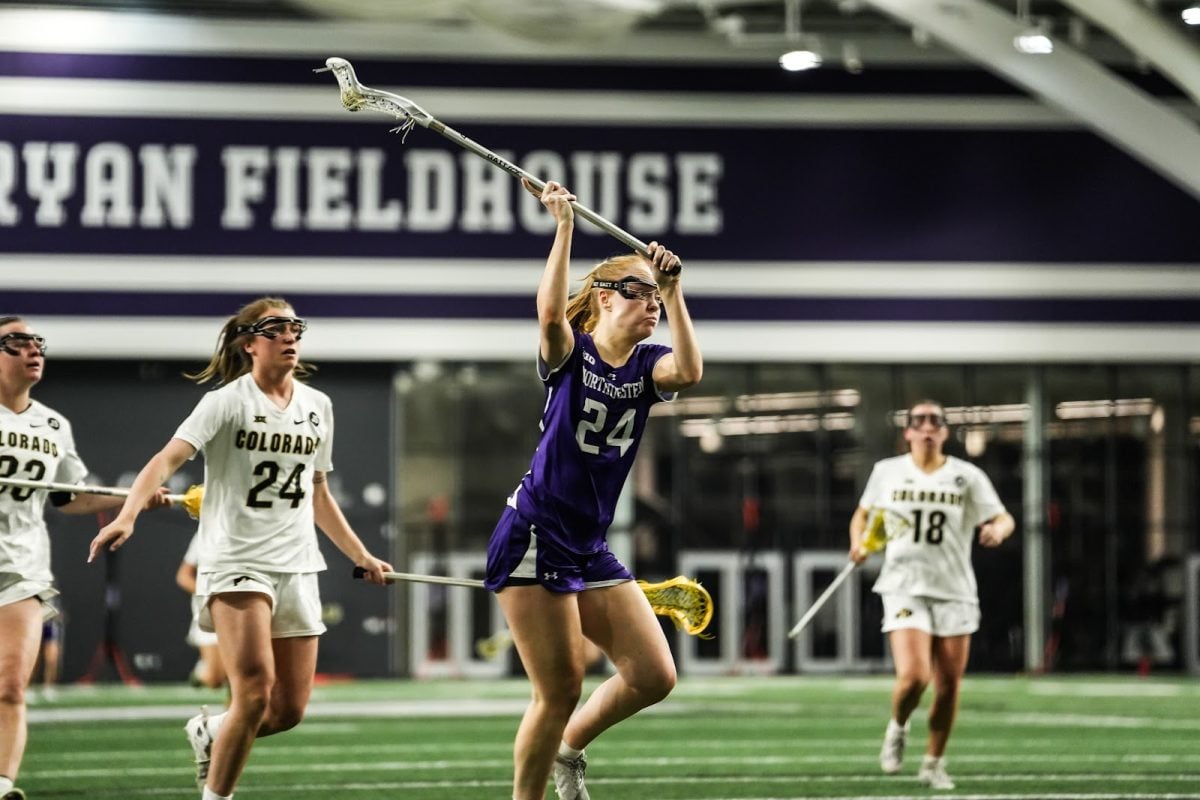While studying at the University of Ghana, economist Samuel Ampaw began working on the Ghana Socioeconomic Panel Survey, a long-term data collection effort that monitors the country’s economic development.
Now, after receiving his Ph.D. from the University of Nottingham, Ampaw is a postdoctoral scholar at Northwestern’s Global Poverty Research Lab, one of the main organizers of the survey.
Established in 2017 by economics Profs. Christopher Udry and Dean Karlan, the GPRL at the Kellogg School of Management is a hub for development economists to study poverty issues around the world. The lab uses a three-pronged approach to understand causes and effects of poverty that includes research, policy engagement and support for NU faculty and student scholars.
“(As) someone growing up in a developing country context, seeing and knowing all the potential influence of this research on policy gives me a lot of interest,” Ampaw said.
For the 2022-23 round of the Ghana Socioeconomic Panel Survey, Ampaw was able to add some questions about social media use and mental health for his own research into how social media is impacting lives in developing countries.
He said his motivation for the research was a young boy he heard about who used social media to promote his dad’s carpentry work.
In addition to research, the GPRL hosts events like the annual Development Rookiefest, where doctoral students in development economics present their research to scholars from Chicago and the greater Midwest.
“We have multiple research projects, multiple students (and) different dimensions of interaction,” Udry said. “We can do things at scales we could not otherwise afford to do and answer the kinds of questions that otherwise are impossible to answer.”
Professors, postdoctoral and predoctoral fellows and undergraduate research assistants, conduct research in three geographic clusters: China, Ghana and the Philippines.
The Ghana Socioeconomic Panel Survey, a collaboration between the GPRL, Yale University’s Economic Growth Center, and the University of Ghana’s Institute of Statistical, Social and Economic Research, has been following the members of 5,000 households for 16 years.
“The advantage of this long-term panel is that it’s extremely rare,” Udry said. “It’s a unique lab for understanding what happens to people’s lives as a country progresses through stages of development.”
Using survey data, the GPRL has been able to work with the Ghanaian government to implement policy interventions like cash transfers, the direct payment of money to eligible recipients.
According to Udry, when the COVID-19 pandemic started, panel data helped researchers identify the people that would be most adversely affected by pandemic shutdowns.
“We were able to very quickly arrange for transfers of significant amounts of money in a very short timeframe to help people get through the worst parts of the pandemic,” Udry said.
Besides using research to effect policy change, the GPRL also aims to become more integrated with the NU community and to offer support to others interested in doing similar research, according to Isabel Oñate Falomir, a research director at the GPRL.
“One key thing that we want to do is be a provider of public goods within the University and the research community,” Oñate Falomir said.
She said she has been talking to different departments at NU about potential partnerships, especially now that the GPRL has been properly established in its field of research.
Udry, too, said he wanted to foster more interdisciplinary collaboration in order to generate the best possible research around global poverty.
“I’d like to think that we can serve as a conduit for researchers and scholars and undergraduates for learning about how to evaluate social policy in developing countries,” Udry said.
Email: isabelsu2027.1@u.northwestern.edu
Twitter: @isabelsu_
Related Stories:
— Northwestern, Kellogg to launch Center for Enlightened Disagreement
— NU Economics Tournament hosts seventh annual Econ Bowl for high school students across the country

